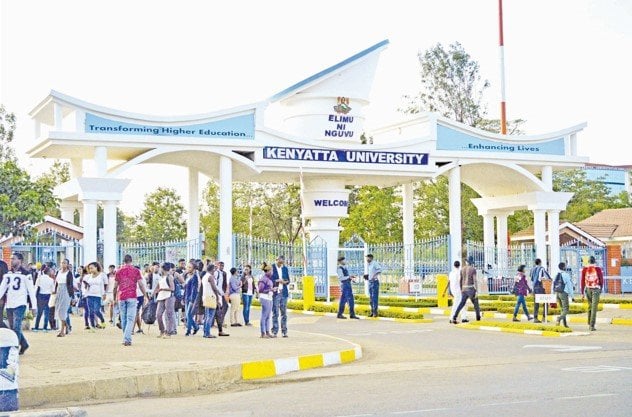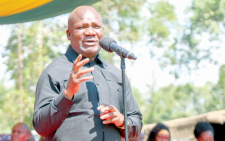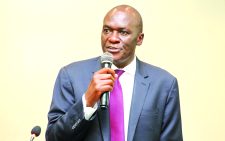Vice-chancellors (VCs), school principals and heads play key roles in education. They carry the weight of ensuring academic excellence, managing administrative tasks, and maintaining financial stability in their respective institutions.
But these once-coveted positions have become increasingly challenging and overwhelming due to a host of emerging issues.
In academia, the VC is a towering figure of authority, wielding significant power and responsibility, while remaining accountable to the university council as stipulated by the Universities Act of 2012. Despite this power, a cocktail of issues has significantly altered the work of VCs.
Among them is financial instability, which plagues almost all Kenyan universities, public and private ones alike, with insolvency looming as a constant threat.
Budget cuts, particularly for public institutions, has become the norm at the beginning of every financial year, even as student enrollments continue to rise, creating a paradox of increasing demand with decreasing resources.
Internal dynamics at universities add another layer of complexity. Dissatisfied, overworked, and poorly remunerated faculty and staff, coupled with delayed salaries, further strain the administrative machinery and add pressure on VCs.
The new higher education financing model has only added to the confusion and uncertainty. Students and their parents are struggling to understand the implications of this model, while university administrators are left grappling with how to implement this directive effectively.
In this tumultuous environment, the role of VC has become increasingly stressful. Amid these challenges, university councils, which are supposed to offer oversight and support, often fall short.
They take hard positions, set impossible targets, draw their allowances and off they go. Many councils fail to listen to VCs, leaving them isolated and without solutions to the pressing issues facing their institutions.
Meetings with the Ministry of Education have not been any better for VCs. Such meetings have become a battleground of dictatorship and directives by officials rather than constructive dialogue. Typically, such meetings are often set for 7am, only for them to take off after 11am.
This wastes valuable time and productivity, compounding the challenges faced by VCs. As a former VC, I can attest that the absence of university CEOs from their desks robs these leaders of the man-hours and professorial time they need to strategically think for the institutions they lead.
The plight of public college school principals and heads mirrors that of VCs in many ways. These leaders are also dealing with budget cuts at unprecedented percentages, unremitted funds, overcrowded classrooms, and an overburdened teaching staff.
The expectations placed on them are enormous, yet the support systems in place are often inadequate. They, too, are caught in a cycle of meetings of dictation and directives that leave little room for innovation or leadership.
CEOs of education body corporates have not been spared either. They have been left to fend for themselves.
This disregard for the time and efforts of these top executives has not been without consequences. It is an open secret that many VCs, principals and heads are increasingly getting unwell as strain takes a toll on them.
Many are now reportedly suffering from stress-related health issues, such as weight gain or loss, sleeping disorders, heart disease, susceptibility to cancer, high blood pressure, and stroke, due to the pressures of their roles.
University councils, boards and the parent ministry must adopt a more empathetic approach, recognising the immense responsibilities borne by these leaders and ensuring that their work environment supports rather than hinders their effectiveness.
It is important that those in leadership roles at all levels of education – universities, colleges, and secondary and primary schools – are given the support they need to lead effectively.
Their health and well-being are paramount to the stability and success of the entire education system.
Without addressing these issues, the future of education in Kenya remains uncertain, and the stormy seas of leadership will only grow more turbulent.
— The writer is a Professor of Physical Chemistry at the University of Eldoret





















